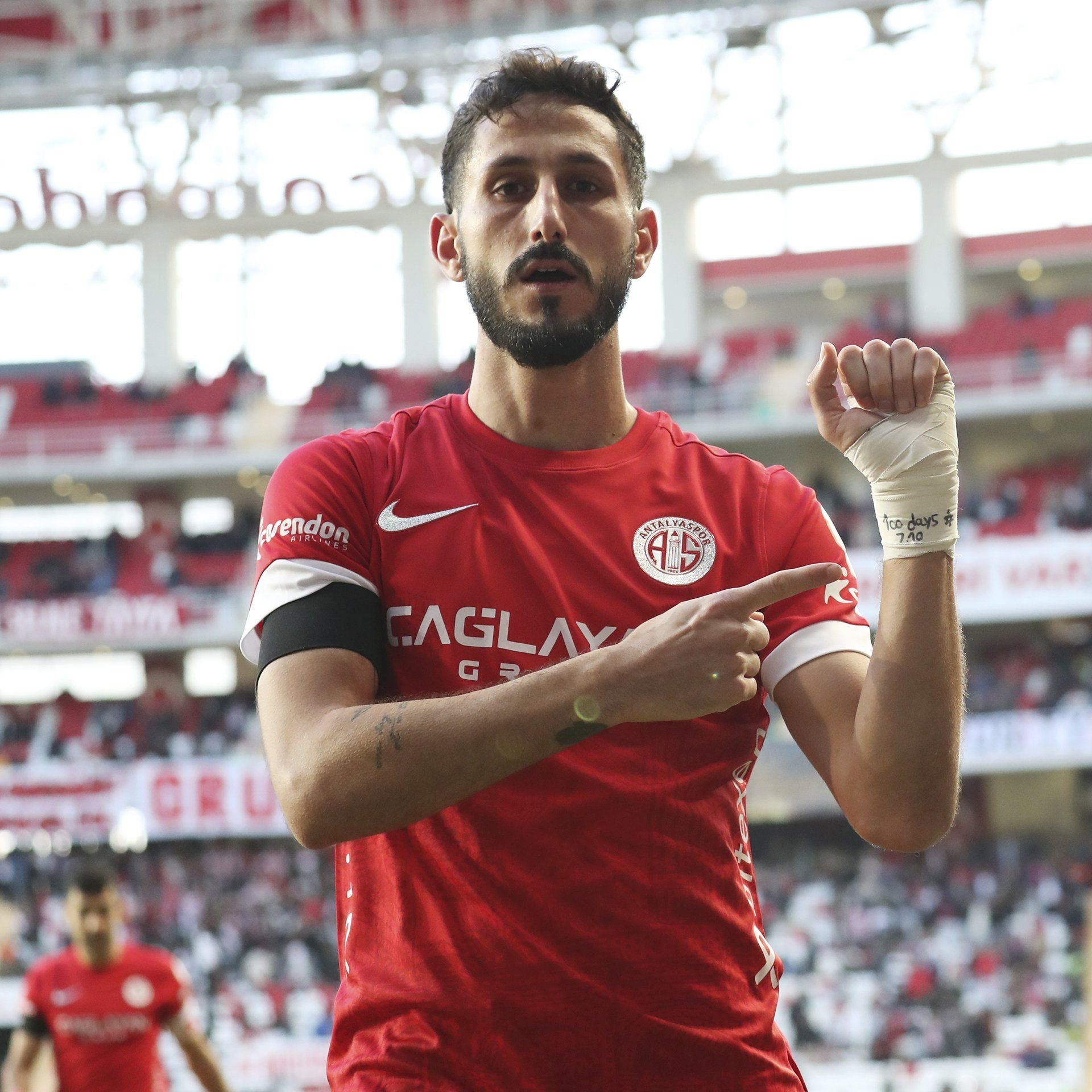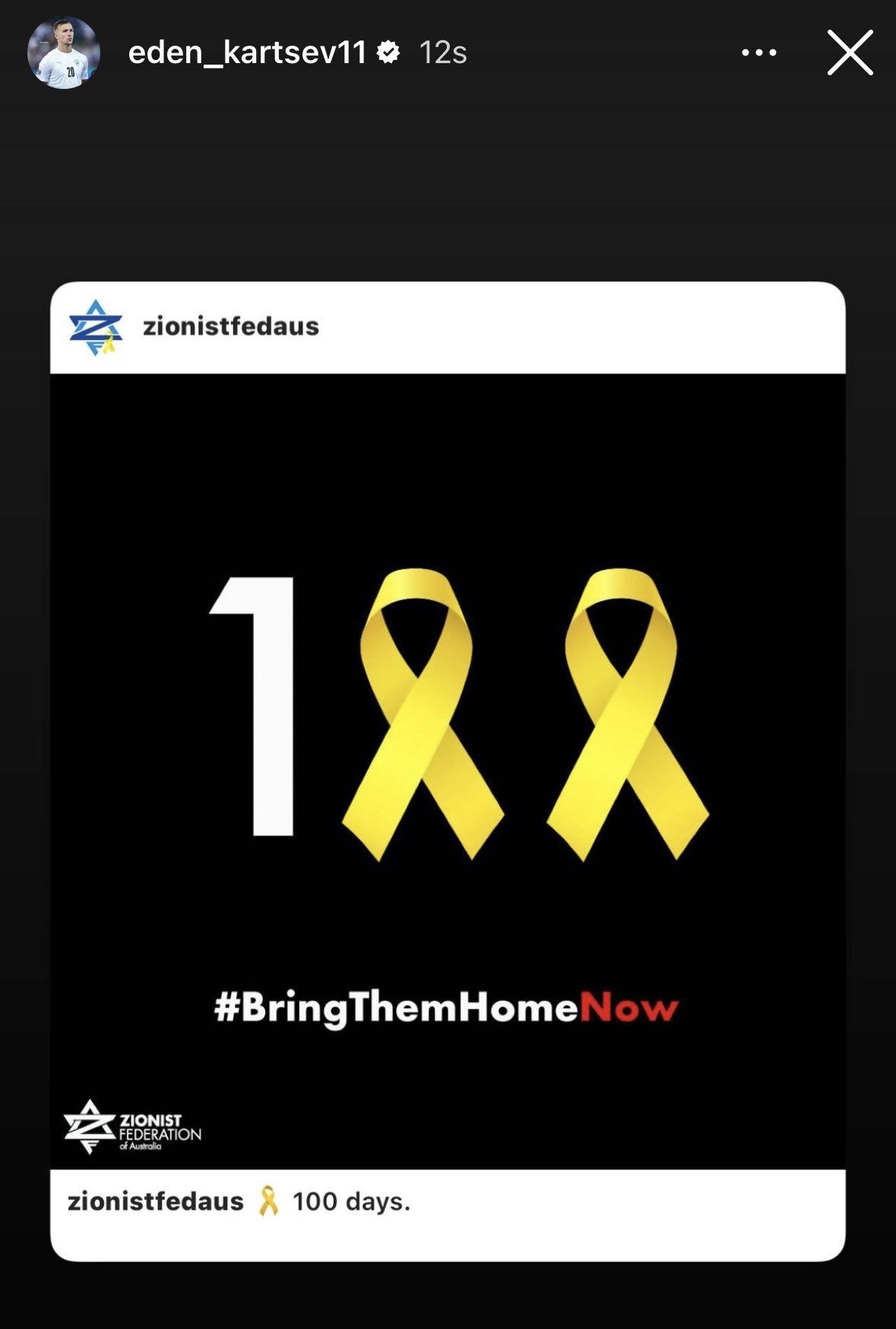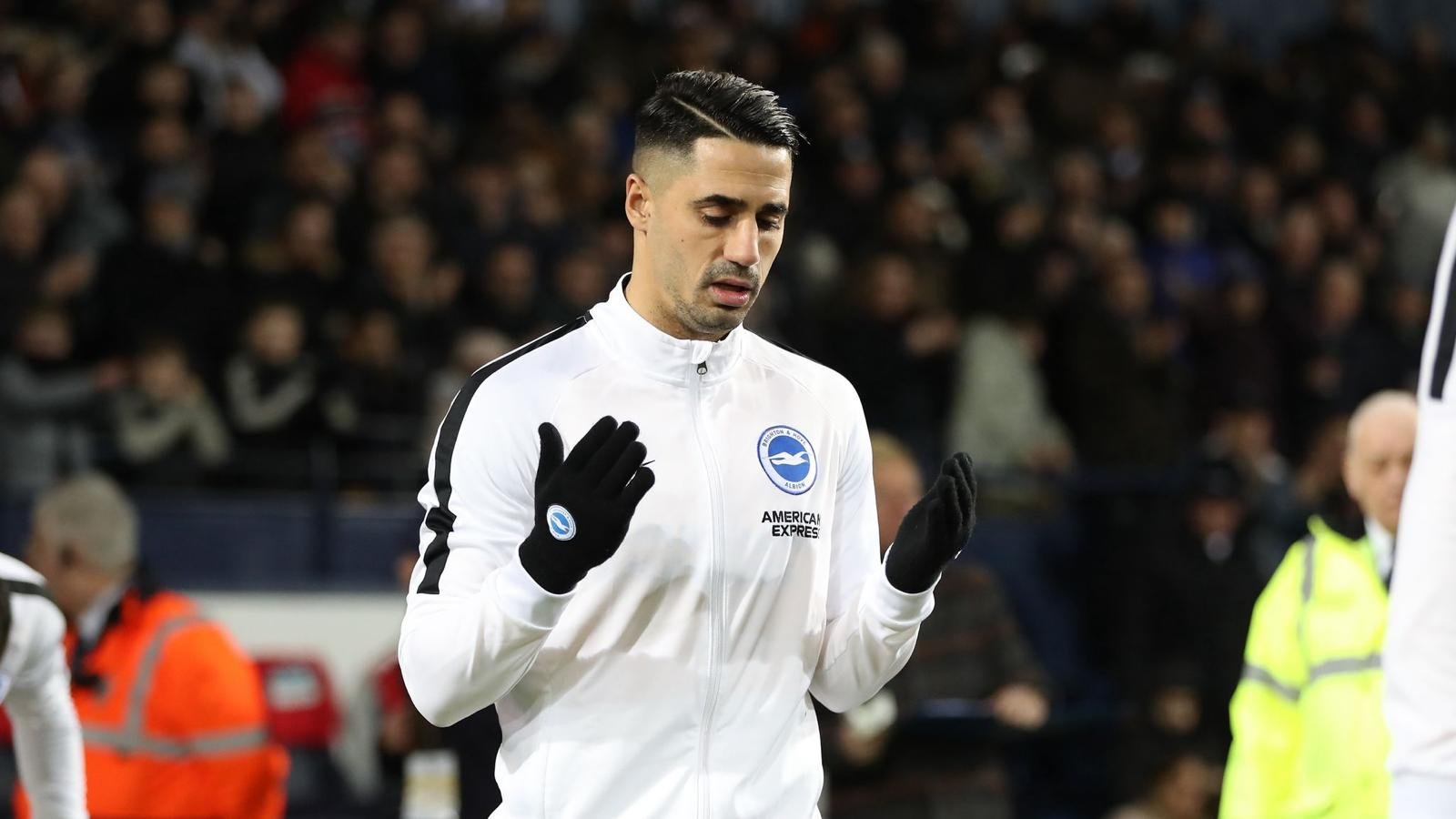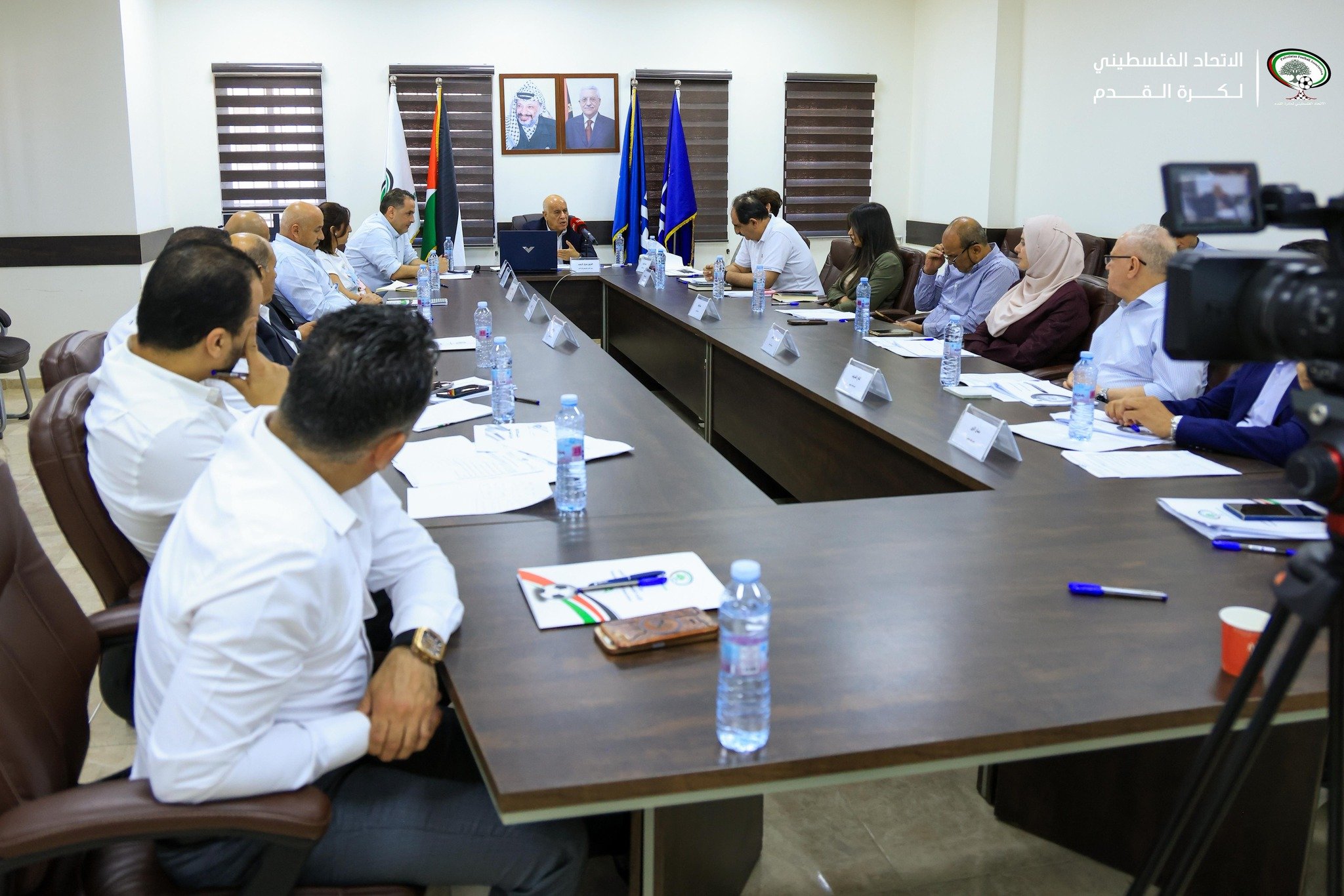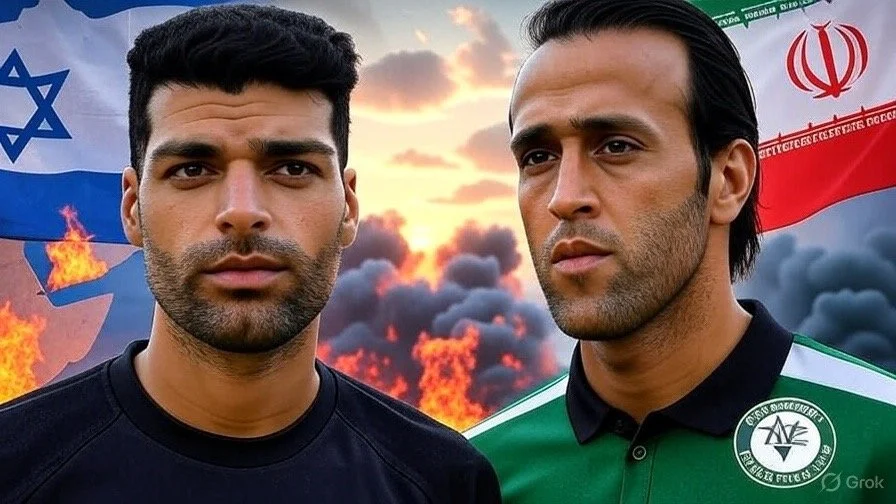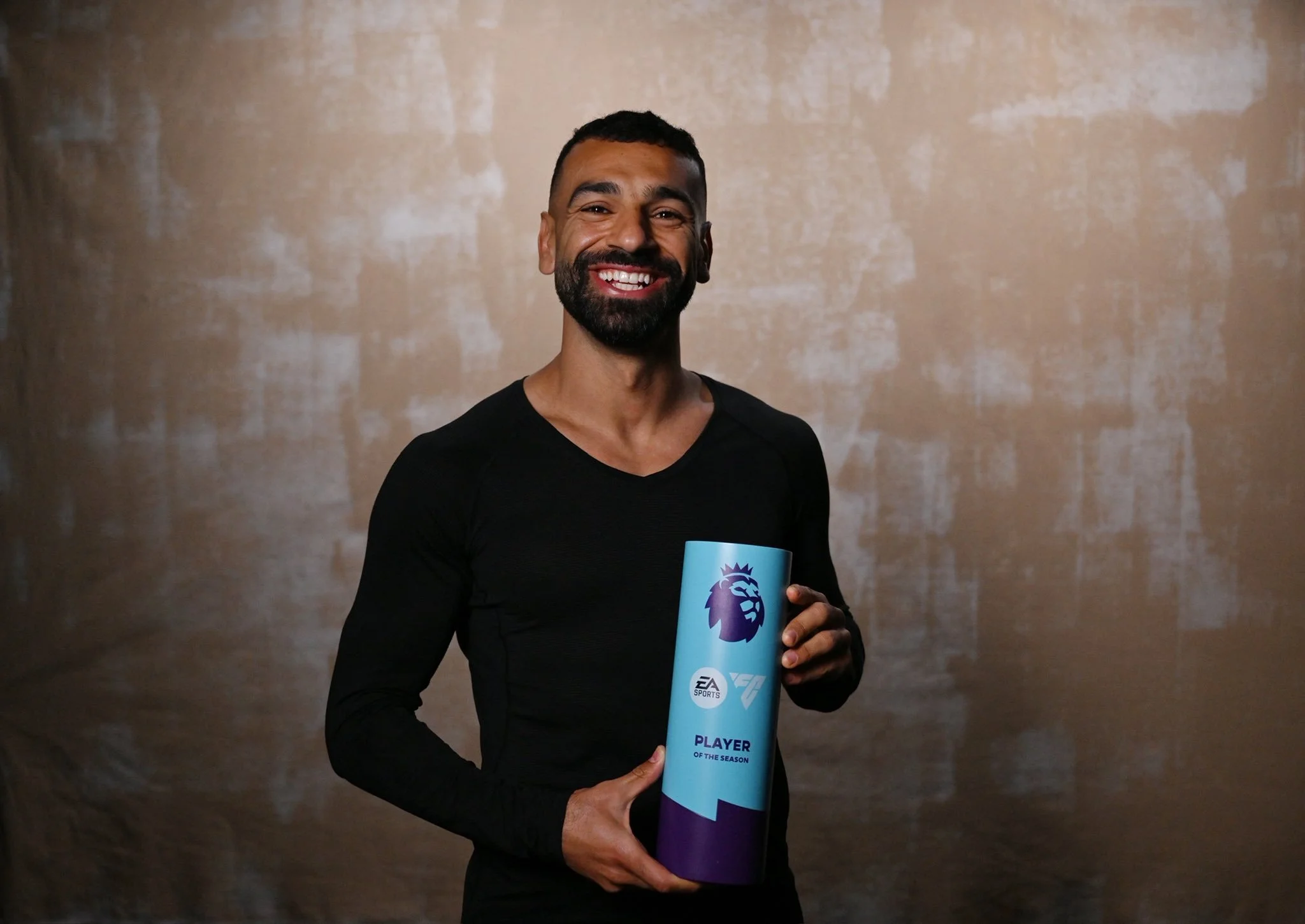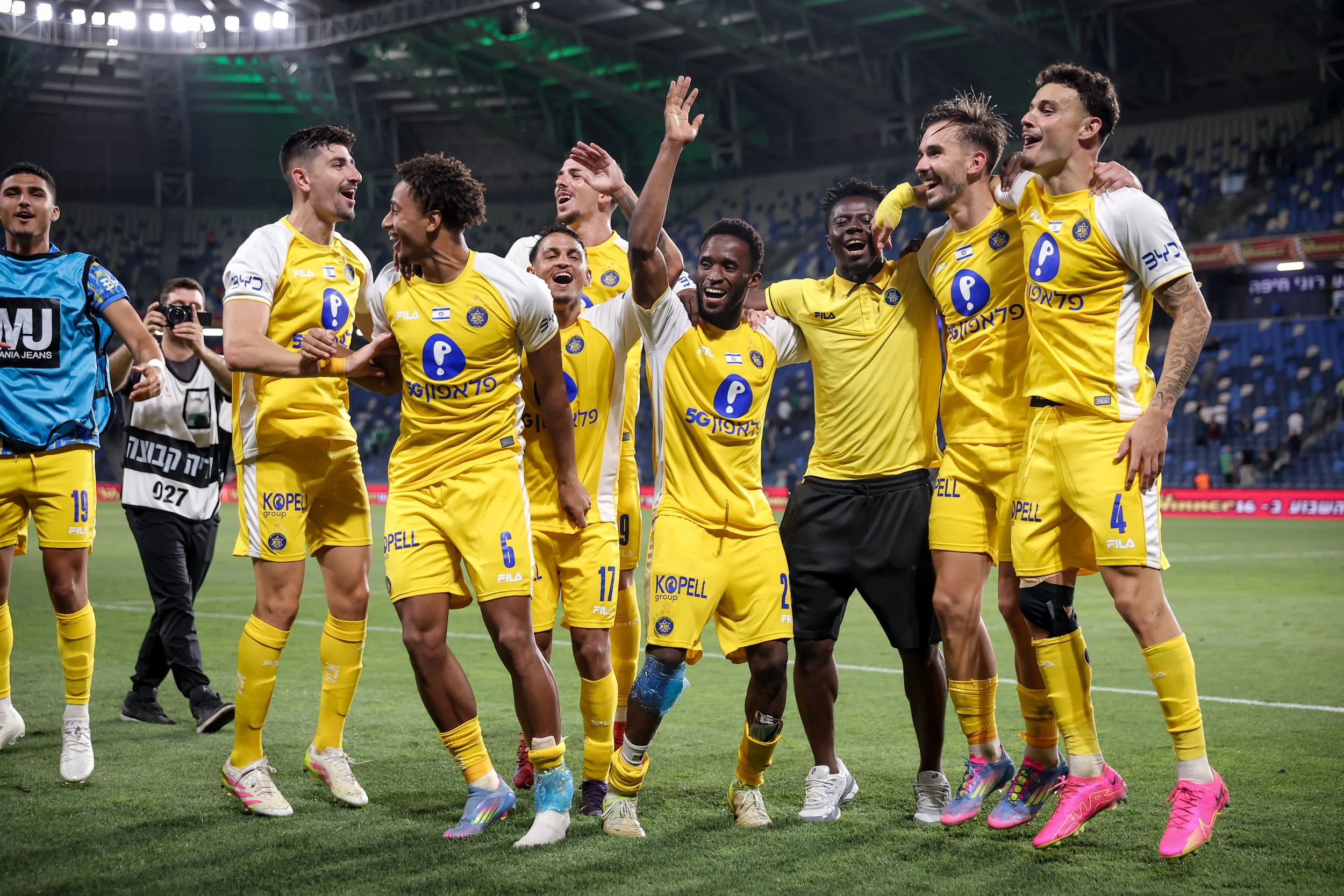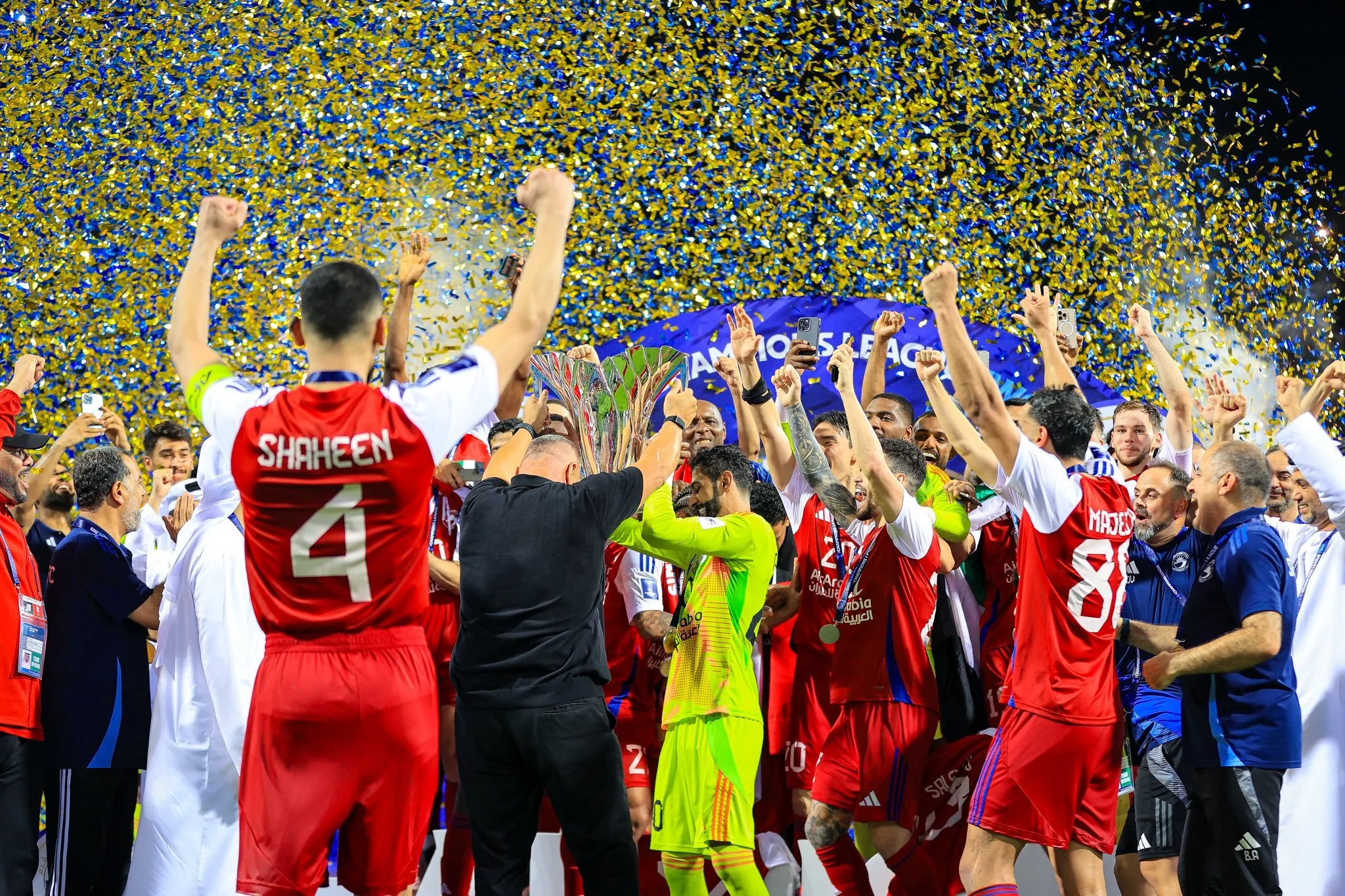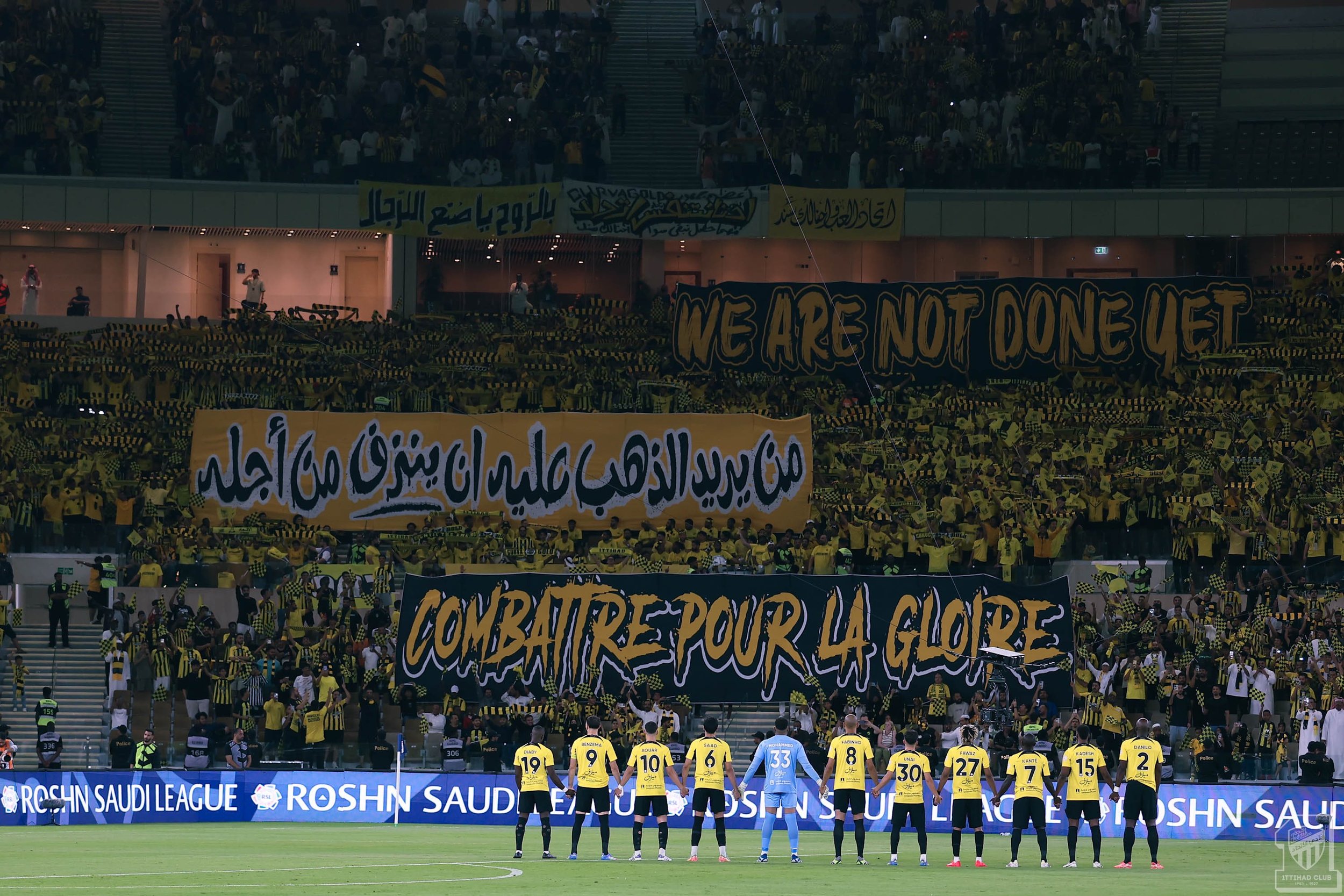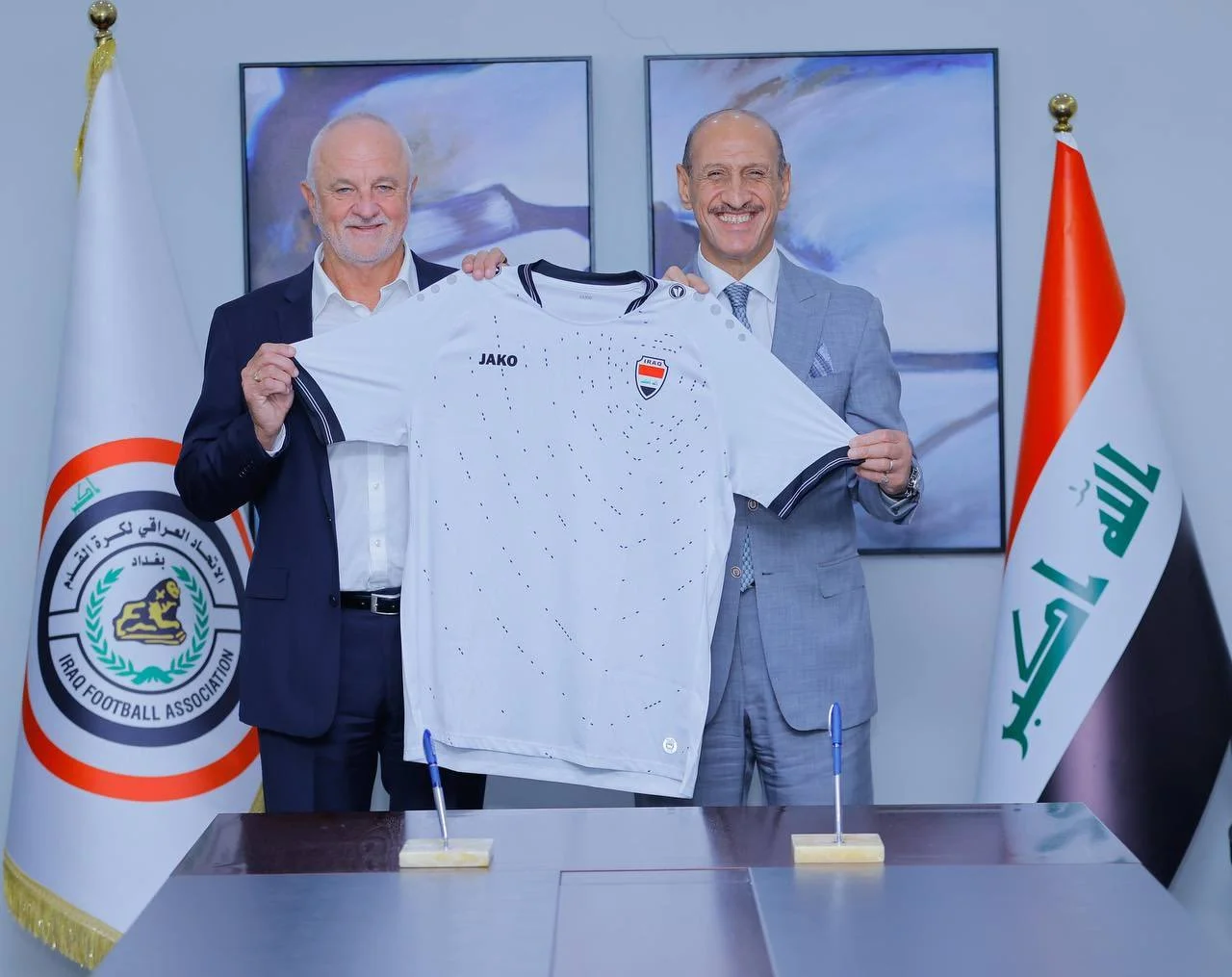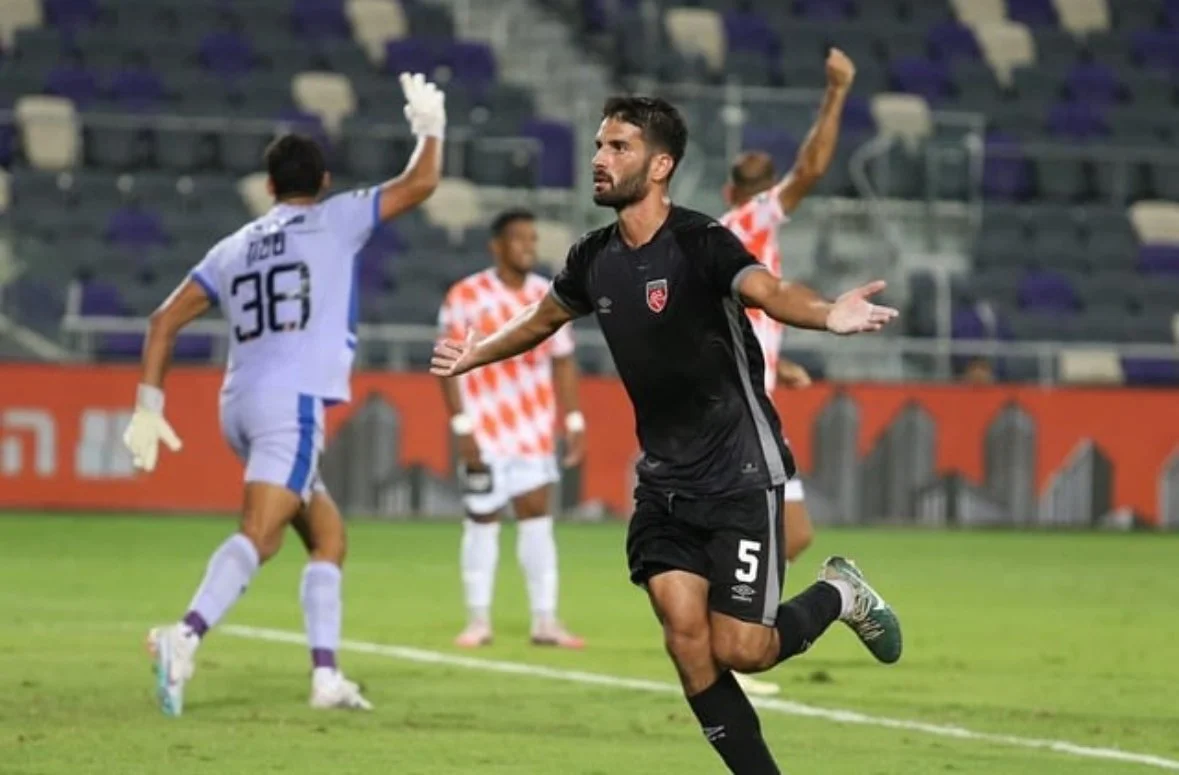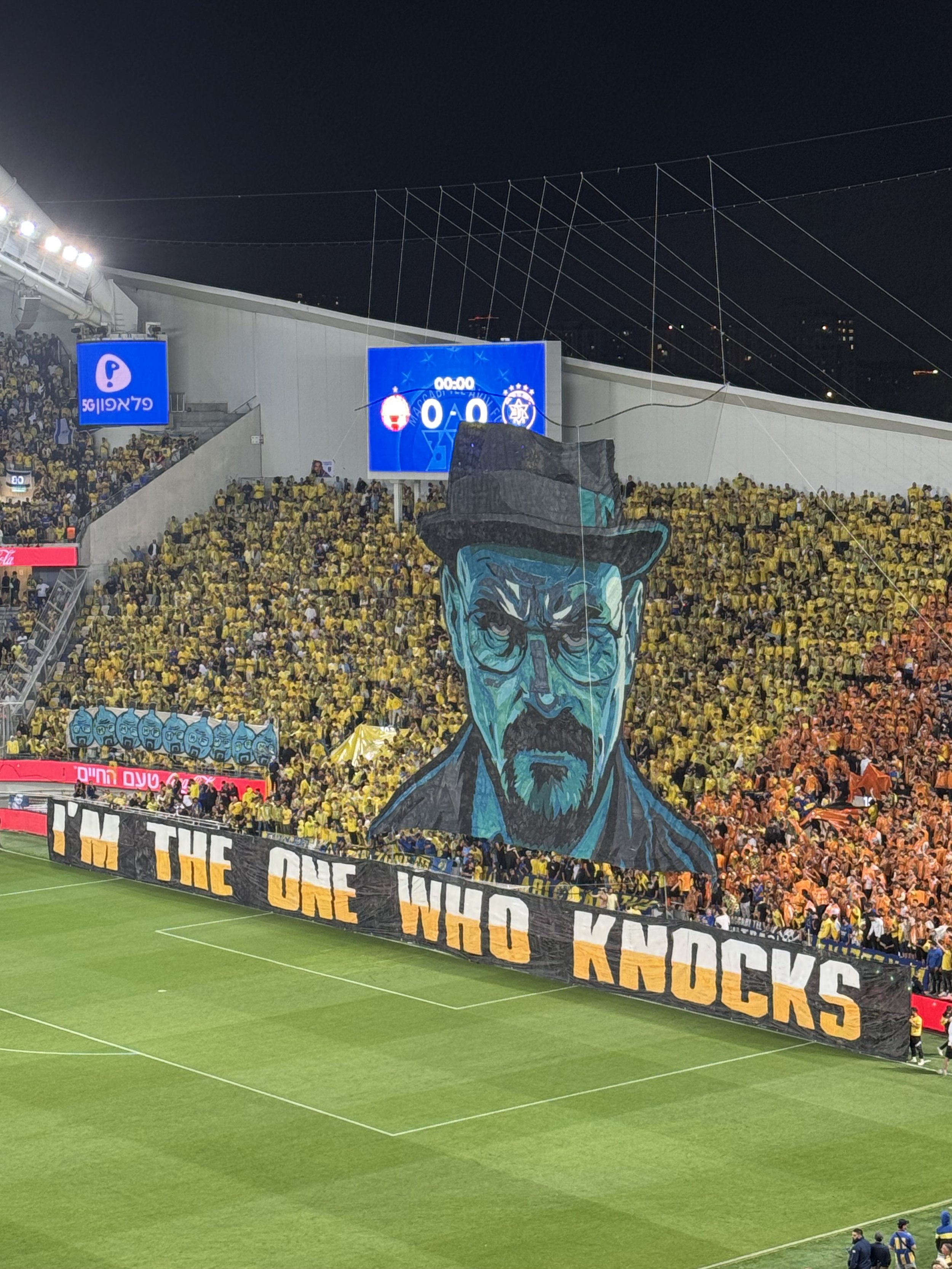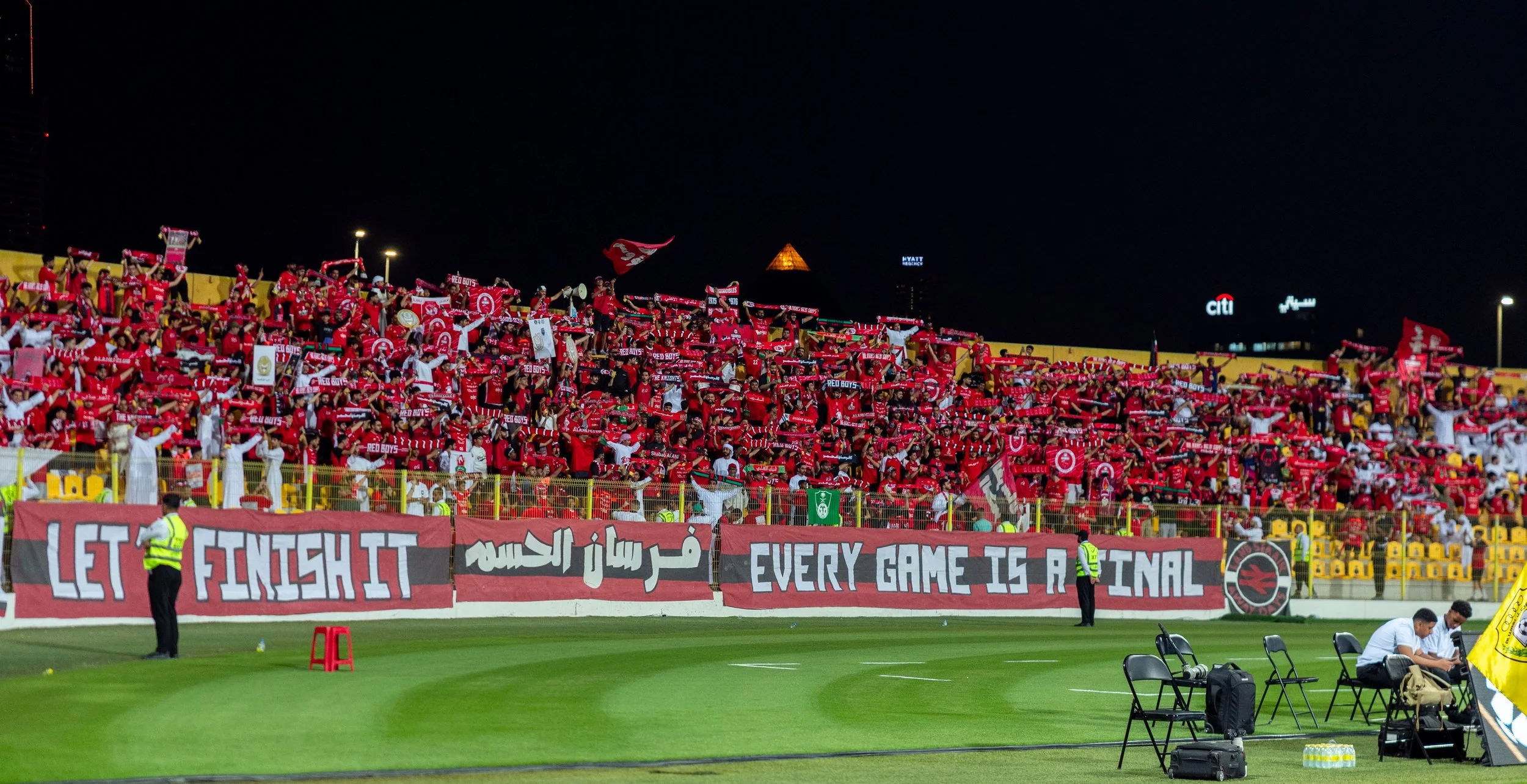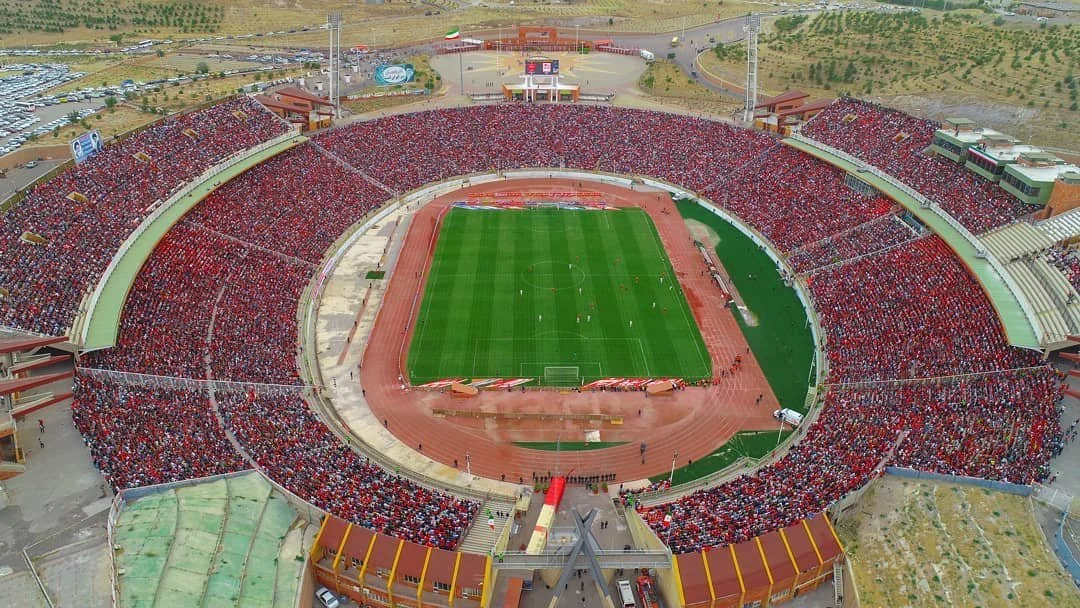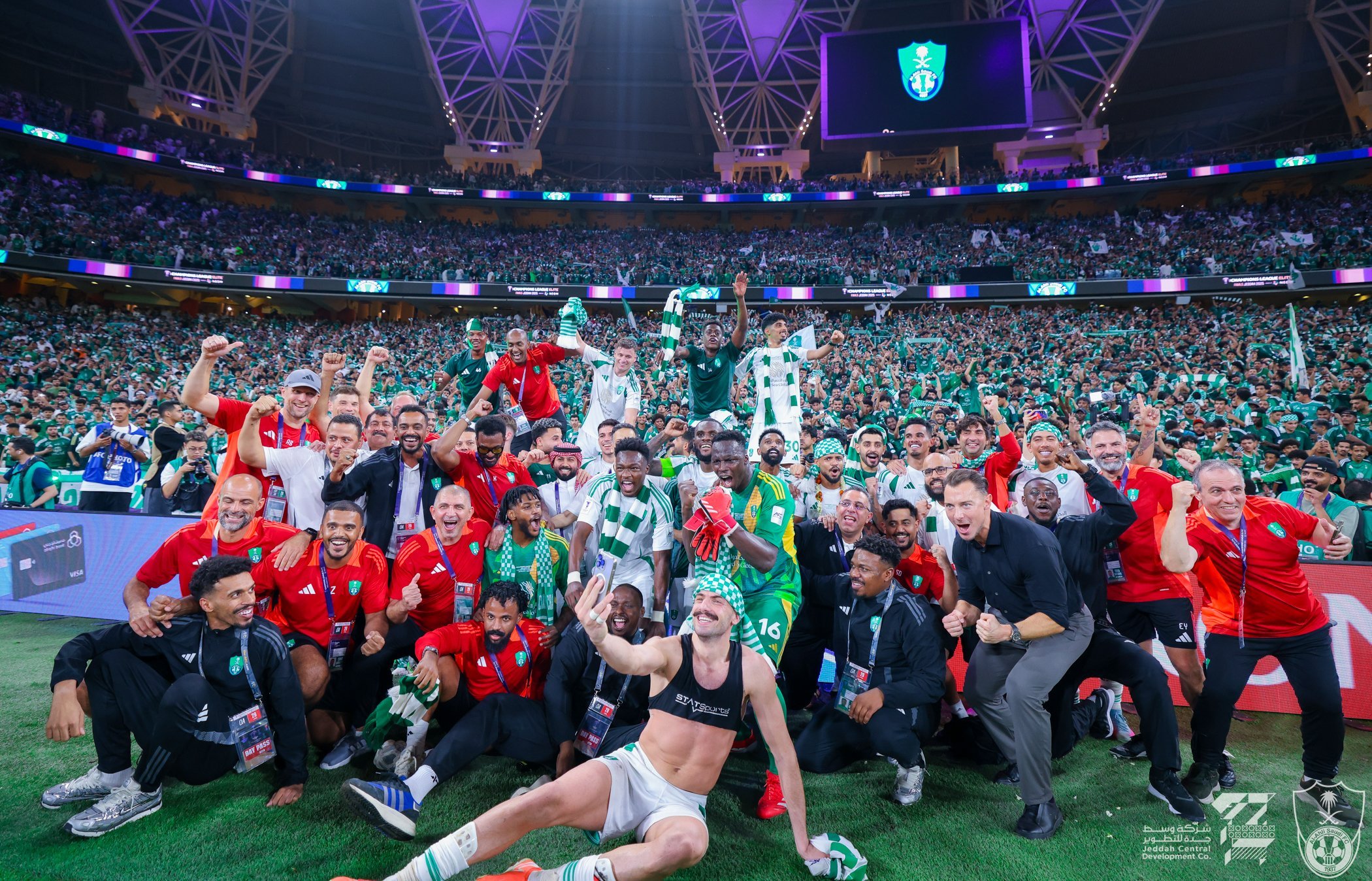Football and politics. As much as some people would want to separate the two, it eventually seems like an impossible mission.
Since October 7th 2023, this assumption seems to be even stronger, especially in the Middle East, the epicentre of one of the most heated and talked about conflicts in the world currently - the Israeli/Palestinian conflict.
On Sunday, in a seemingly routine Turkish Super League game, football and politics mixed again. Antalyaspor hosted Trabzonspor in matchday 20 as both teams looked to strengthen their higher table aspirations, with the visitors leading 1-0.
In the 68th minute, the Israeli duo of Ramzi Safuri and Sagiv Jehezkel combined for Antalya’s equalizer - and the latter celebrated, not for the first time in his Turkish stint, by showing some love for his home country, which is in the midst of a bloody war against Hamas in Gaza.
That day, January 14th, marked 100 days since the Hamas massacre in Israel and the kidnapping of hundreds of Israelis to Gaza - where 136 of them are still held captive.
Jehezkel ran to the nearest camera after the goal, first motioning a half-broken heart with his two hands - a sign used by Israeli footballers in recent months in dedication to those kidnapped in Gaza. He then pointed to his wristband - which had the writing: 7.10, 100 days, and a Star of David.
Jehezkel, pointing to his wrist band with: 7.10, 100 days, and a Star of David. (Photo: Antlyaspor official X account)
The message was clear and loud: The world must not forget about the innocent lives held by a murderous terrorist organization for 100 days.
Jehezkel’s gesture wasn’t caught by Turkish TV, but was uploaded by his team’s social media accounts, generating political responses rapidly. Israelis shared his pictures, saluting his bravery, while many furious Turkish comments called for Antalyaspor, the Turkish Football Association (TFF) and even President Recep Tayyip Erdoğan to take action against the Israeli winger.
And so they did. Antalyaspor deleted the pictures within an hour and then proceeded to suspend Jehezkel, while attempting to forfeit his contract the days after. The TFF produced a statement condemning the player’s actions. And in the most bizarre twist of events - Yehezkel was detained by Turkish authorities hours after the game, in suspicion of “publicly inciting the public to hatred and hostility”.
The 28-year-old, a father to a newborn daughter and one of Antalyaspor’s best players this season, was only released from custody overnight, returning to Israel the next day, receiving a hero’s welcome - with his current future unclear, although seemingly with zero intent from both sides of returning him to Turkiye for footballing reasons.
Days later, Eden Karzev, an Israeli midfielder playing for Erdogan’s affiliated team Istanbul Başakşehir, who was just signed in the summer for €2.30m, was also questioned for an Instagram post marking the 100 days from 7.10. Like Yehezkel, he is on the verge of being released from the club for political reasons.
Eden Karzev’s Instagram story, before he took it down. (Photo: screenshot)
Turkish football is in the midst of a season filled with troubled incidents, on and off the pitch. In mid-December, Ankaragucu president Faruk Koca was suspended for life for punching referee Halil Umut Meler in the aftermath of a league game.
A few weeks later, the Turkish Super Cup was scheduled to take place in Saudi Arabia during the 100-year celebrations of the Turkish Republic.
However, only hours before the game began, the Saudi authorities forbade the two teams from warming up in t-shirts bearing the famous slogan "Peace at home, peace in the world" by Mustafa Kemal Ataturk, the founder of modern Turkey. Additionally, the Turkish national anthem wasn’t allowed to be played.
Galatasaray and Fenerbahce, in an unusual unified stance and shared statement, declared the match wont take place and returned to their country a few hours later - for what they perceived as a disrespectful act by the Saudis towards their traditions and symbols.
The two Istanbul giants’ decision was applauded and embraced by all Turkish society, including rival teams such as Besiktas who even offered to host the Super Cup in their home stadium.
Sagiv Yehezkel did not disrespect any Turkish values and he definitely did not aim to incite or create hostility. He became a political pawn, a victim of a public outrage - not towards his act or message, but towards his nationality and background.
Thankfully, this farce ended quickly, at least for now. It remains to be seen which actions, if any, will be taken against Yehezkel by his club and Turkish authorities. Past experience tells us these situations can end much worse and carry for longer periods - such as with Brittney Griner, an American basketball player who played in Russia for 8 years, and was then imprisoned in the country for a minor smuggling offence, only to be released after 10 months in exchange for Viktor Bout, a major Russian arms dealer.
With the Gaza war, and the deteriorating relations between Israel and Turkiye, such a political leverage manuever can not be ruled out. Yehezkel and Karzev are leaving, and it will be interesting to see whether the few remaining Israeli athletes in Turkiye will follow suit. Truth be told, it probably isn’t the safest place for them in the meantime.
"Peace at home, peace in the world" never seemed so distant.

